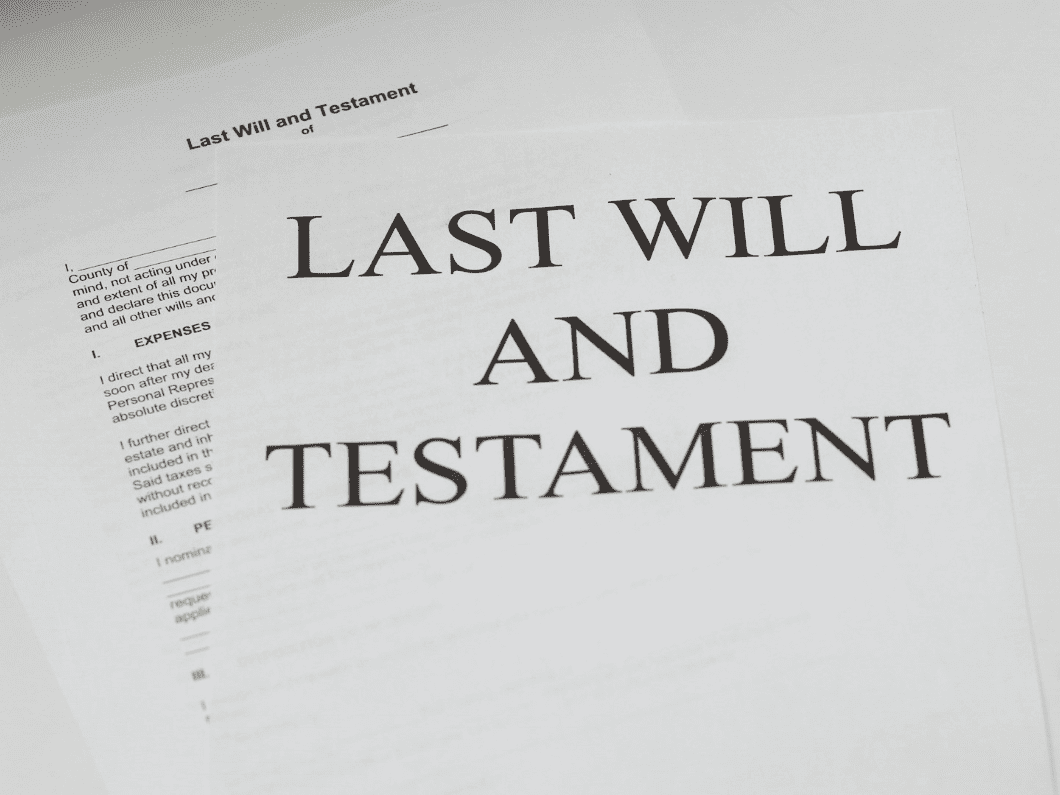Losing a loved one is incredibly difficult. Navigating what happens next, especially if your loved one has died without leaving a valid Will, can add another layer of stress and confusion.
When someone passes away without a Will they are said to have died “intestate”. A specific set of legal rules, set out in the Administration Act 1969, then determines who inherits from that person’s estate.
The Administration Act provides a hierarchy for the distribution of an intestate estate and depends on which relatives the deceased has left behind. The rules are a “one-size-fits-all” solution, which may not reflect what the deceased would have wanted.
Here are the most common scenarios:
| If the deceased leaves: | Here’s what happens to their estate: |
|---|---|
| A spouse/partner, but no children or parents | The surviving spouse or partner is entitled to the entire estate. |
| A spouse/partner and children | The surviving spouse or partner receives all personal belongings (like furniture, cars, and jewellery), plus the sum of $155,000. The remainder is then split: one-third goes to the spouse/partner, and the other two-thirds to the children. |
| A spouse/partner and parents, but no children | The surviving spouse or partner receives all personal belongings and the first $155,000 from the estate. The remaining amount is then divided as to two-thirds to the spouse/partner, and one third to the parents. |
| Children, but no spouse/partner | The entire estate is held for the children in equal shares and if they are minors, it will be held in trust for them until they each reach the age of 18 years. |
What if a Will only covers part of the estate?
Sometimes a Will is valid but doesn’t deal with all of the deceased’s assets. This creates a “partial intestacy”. In these cases, the Will is followed for the assets it covers, and the intestacy rules are applied to the remainder of the estate.
What happens if no relatives can be found?
First, a search must be made for surviving relatives who are eligible to inherit. If a search finds no surviving eligible relatives, then the estate becomes bona vacantia (meaning “unowned property”) and passes to the IRD as unclaimed monies.
Why is having a Will so Important?
The intestacy rules can have a significant negative impact, especially in situations involving blended families or de facto relationships of short duration, where the rules can be restrictive. Having a valid Will is the only way to ensure that your assets are distributed according to your wishes on your death. A valid Will allows you to:
- Choose who inherits your assets.
- Appoint guardians for your minor children.
- Select a person you trust to manage the distribution of your estate (your executor).
- Minimise potential conflict and stress for your loved ones.
Navigating these matters can feel overwhelming. Our team is here to provide expert advice and guidance tailored to your specific needs. Contact us to ensure that your affairs are in order and that your intentions as to the distribution of your assets upon your death are clear.



